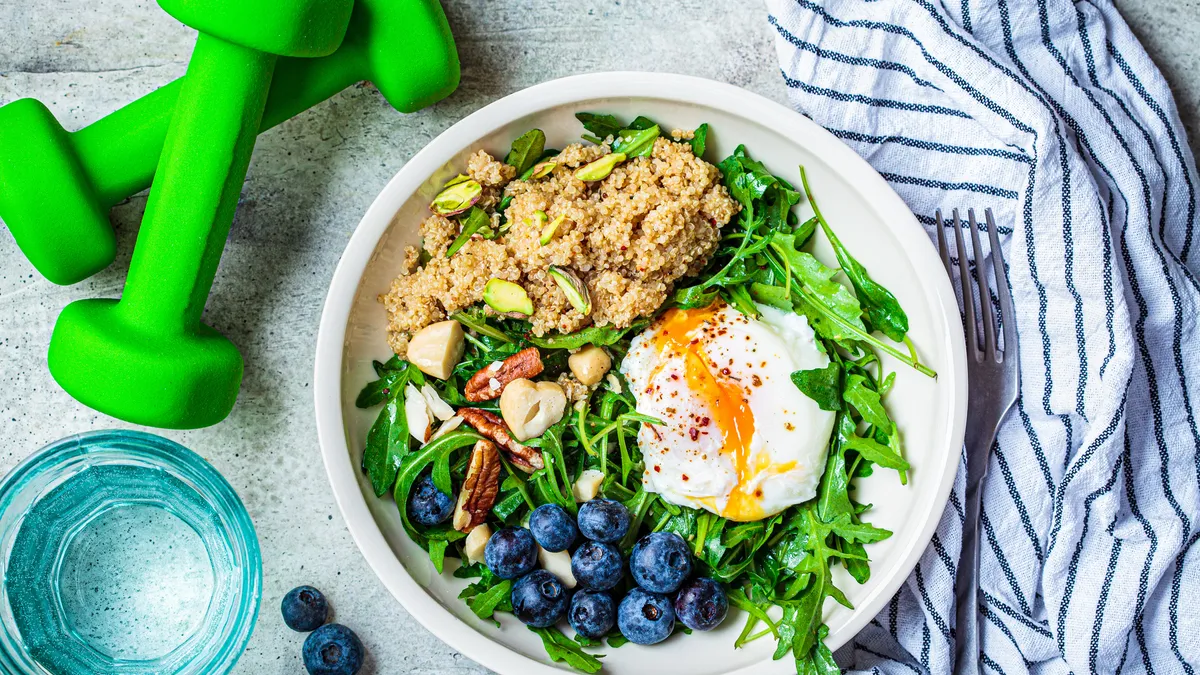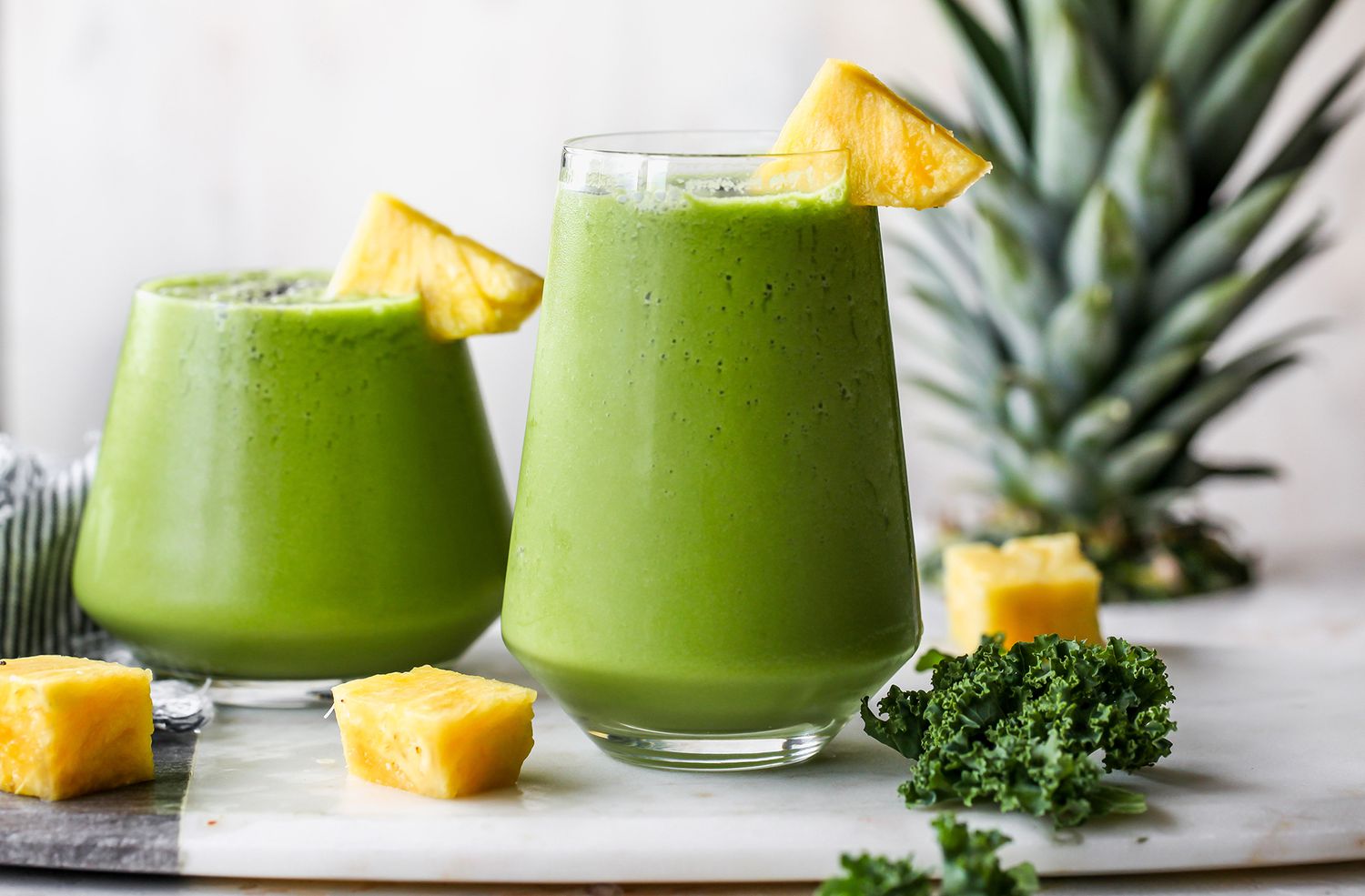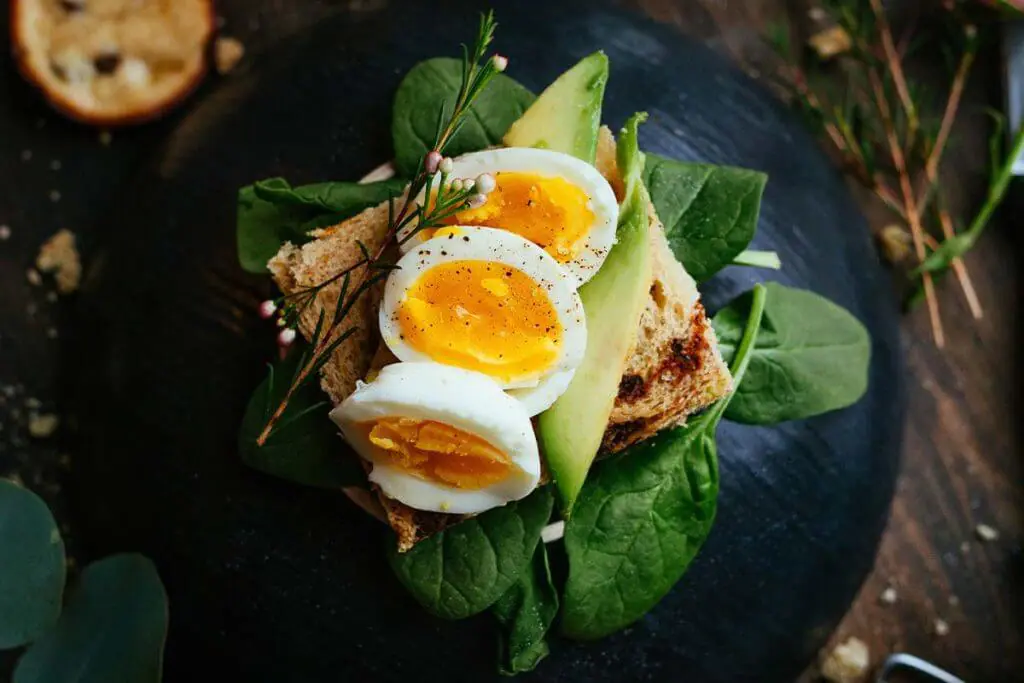Introduction
After a grueling workout, fueling your body with the right post workout meal is crucial for restoring energy, repairing muscles, and maintaining overall health and wellness.
No matter if you’re looking to maintain or lose body weight, what you eat after a workout is important to help your body recover and replenish nutrients.
Whether you engage in cardio or strength training, the type of workout you do can also determine the best foods to consume. In general, a combination of protein and carbs is ideal for refueling within a few hours after a workout.
In this article, we will explore some of the best post-workout food ideas to support your fitness goals and recovery efforts.
Why Eating After a Workout Is Important?
When you work out, you break down muscle. That’s a good thing! But in order to build that muscle back up, stronger than before, you need to give your body the goods it needs to do the job.
We’re talking protein, healthy carbs, anti-inflammatory foods. If you don’t help your muscles out, they’re just going to stagnate or even break down more.
The Timing of Post-workout Meal Matters
Exercise amplifies your body’s ability to replenish glycogen and protein stores. Hence, combining carbs and protein soon after a workout is crucial.
In the past, experts stressed consuming your post-workout meal within 45 minutes, as delaying carb intake by as little as 2 hours could reduce glycogen synthesis by up to 50%.
However, recent research suggests a more extended window of up to several hours for protein consumption to optimize muscle response.
Moreover, consuming a meal rich in whole carbs and protein about an hour before exercising may still provide benefits post-workout.
Recovery goes beyond immediate post-workout nutrition. With regular exercise, recovery is an ongoing process. Aim to consistently consume small, balanced meals of carbs and protein every 3-4 hours.

Best Post Workout Meals And Snacks Ideas
Choosing the right post-workout meals and snacks is crucial to replenish glycogen stores, repair muscle tissue, and promote recovery. Here are some ideas for post-workout meals and snacks:
1. Protein Smoothie:
- Ingredients: Greek yogurt, banana, protein powder, almond milk, and a handful of berries.
- Benefits: Provides a good balance of protein and carbohydrates for muscle recovery.
2. Grilled Chicken Salad:
- Ingredients: Grilled chicken breast, mixed greens, cherry tomatoes, cucumbers, and a light vinaigrette.
- Benefits: High-quality protein, vitamins, and minerals to support muscle repair.
3. Quinoa Bowl:
- Ingredients: Quinoa, black beans, sautéed vegetables (bell peppers, spinach, and zucchini) and a drizzle of olive oil.
- Benefits: Complex carbohydrates and protein for sustained energy and muscle recovery.
4. Peanut Butter and Banana Sandwich:
- Ingredients: Whole-grain bread, natural peanut butter, and banana slices.
- Benefits: Provides a good mix of carbohydrates, healthy fats, and protein.
5. Greek Yogurt Parfait:
- Ingredients: Greek yogurt, granola, mixed berries, and a drizzle of honey.
- Benefits: High protein content from Greek yogurt, along with carbohydrates and antioxidants from berries.
6. Chocolate Milk:
- Benefits: Contains a good balance of carbohydrates and protein, and the added bonus of calcium and electrolytes.
7. Cottage Cheese with Pineapple:
- Benefits: Cottage cheese is rich in casein protein, which is slow-digesting, and the pineapple adds natural sweetness and vitamins.
8. Salmon and Sweet Potato:
- Ingredients: Baked or grilled salmon with roasted sweet potatoes.
- Benefits: Omega-3 fatty acids from salmon for anti-inflammatory effects and carbohydrates from sweet potatoes.
9. Hummus and Whole Grain Pita:
- Ingredients: Hummus with whole grain pita bread or vegetable sticks.
- Benefits: Balanced combination of carbohydrates and protein, plus healthy fats from the hummus.
10. Trail Mix:
- Ingredients: Nuts, seeds, and dried fruits.
- Benefits: Provides a quick source of energy, healthy fats, and some protein.
11. Oatmeal with Protein:
- Ingredients: Rolled oats cooked with milk or water, topped with protein powder, sliced almonds, and a sprinkle of berries.
- Benefits: Provides complex carbs, protein, and antioxidants.
12. Tuna Salad Wrap:
- Ingredients: Whole-grain wrap with canned tuna, mixed greens, cherry tomatoes, and a light dressing.
- Benefits: High protein content from tuna and whole grains for sustained energy.
13. Egg and Avocado Toast:
- Ingredients: Poached or boiled eggs on whole-grain toast with sliced avocado.
- Benefits: Protein from eggs, healthy fats from avocado, and complex carbs from whole-grain toast.
14. Rice Cake with Almond Butter:
- Ingredients: Rice cakes topped with almond butter and banana slices.
- Benefits: Quick, easy, and provides a mix of carbs, protein, and healthy fats.
15. Sweet Potato and Chicken Stir-Fry:
- Ingredients: Stir-fried chicken breast with sweet potato, broccoli, and bell peppers.
- Benefits: Balanced macronutrients, vitamins, and minerals for recovery.
16. Cherry and Almond Protein Bars:
- Ingredients: Homemade protein bars with whey protein, dried cherries, almonds, oats, and honey.
- Benefits: Convenient and offers a good balance of nutrients.
17. Cottage Cheese and Pineapple Smoothie:
- Ingredients: Blend cottage cheese, pineapple chunks, and a splash of coconut water.
- Benefits: Provides protein, carbohydrates, and hydration.
18. Baked Salmon with Quinoa and Asparagus:
- Ingredients: Baked salmon served with quinoa and roasted asparagus.
- Benefits: Omega-3s from salmon, complete protein from quinoa, and fiber from asparagus.
19. Whole Grain Pasta with Pesto and Chicken:
- Ingredients: Whole grain pasta with homemade pesto sauce and grilled chicken.
- Benefits: Carbohydrates from pasta, healthy fats from pesto, and protein from chicken.
20. Green Smoothie:
- Ingredients: Spinach, kale, banana, protein powder, and coconut water.
- Benefits: Nutrient-dense, hydrating, and provides protein and carbohydrates.
Remember to drink plenty of water to stay hydrated, and tailor your post-workout meals to your dietary preferences and specific fitness goals.
Additionally, timing is essential, and it’s generally recommended to eat within 30 minutes to 2 hours after exercising for optimal recovery.

Hydration Is Also Important Post Workout
Drinking water after an intense workout helps restore fluids lost through epic sweating. It also helps flush out the lactic acid that builds up in your muscles, reducing soreness.
Win-win! No one wants noodle legs or throbbing quads tomorrow when there are more miles to run or weights to lift!
So be sure to grab your super cool water bottle – maybe the one with motivational phrases or cute stickers on it. – and start chugging. Down at least 16 ounces right away and keep sipping throughout the day.
Your hardworking body will thank you! Staying hydrated helps you feel energized, focused, and ready to take on any fitness challenge.
The water will rehydrate you so you can wake up tomorrow ready to dominate your next workout. Who knows, staying hydrated may even help you set a new personal record! So drink up, athlete!
Benefits of Eating After Exercise
Eating after you crush it at the gym is a clutch for gains, energy, and nixing muscle soreness. Here’s the tea:
- Refilling your glycogen tank post-workout keeps your gas in the tank so you can beast your next session. Skipping it can drain 80% of your workout fuel.
- Protein within 30-60 minutes after lifts triggers muscle growth – one study found more mass and strength increases with protein vs. carbs.
- Lastly, staying hydrated post-sweat sesh helps your body temp, immunity, nutrient flow, organ function, sleep, mood, and brain power.
These are pretty legit reasons to refuel! Bottom line – treating your body right after training pays off.
What The Post-Workout Food Should Include?
Now we know that crushing a whole pizza sounds pretty tempting right about now. But hold up, we gotta be smart about this post-gym meal if we want to reap the recovery rewards.
Here’s the deal: right after you exercise, there’s a 30 to 60-minute window where your body desperately sucks up nutrients to replenish depleted energy stores and repair damaged muscle fibers.
So let’s make sure we give it exactly what it craves, shall we?
- First up – protein. Your muscles are literally crying out for some high-quality protein to rebuild themselves. I’m talking about a palm-sized serving of chicken, fish, eggs, or tofu. Maybe throw in some Greek yogurt if you’re feeling saucy!
- Next on the menu – carbohydrates. All that sweaty exercise drained your carb stores, so go ahead and refill the tank! Some fresh fruit, whole grains like brown rice or quinoa, or starchy veggies will do just the trick.
- Don’t forget healthy fats too for muscle recovery, hormone regulation, and nutrient absorption. Avocados, nuts, seeds, olive oil, and fatty fish like salmon, etc.
What to Avoid Eating Post Workout?
After working up a sweat, it’s tempting to reach for the first tasty snack you see. But filling up on sugary or fatty foods won’t actually help your muscles recover. What your body really needs is a balanced combo of carbs, protein, and fluids.
So go ahead and pass on the cookies or chips for now. Instead, try a yogurt parfait with fruit and nuts or a turkey sandwich. That way, you refuel right.
Do’s of Post-Workout Nutrition
1. Replenish Fluids:
Replenish lost fluids through sweat with water or a sports drink to prevent dehydration and aid recovery.
2. Consume Protein:
Protein helps repair and rebuild muscle tissue damaged during exercise. Aim for 15-25 grams of protein within 30 minutes after your workout. Greek yogurt, eggs, or a protein shake are great options.
3. Include Carbohydrates:
Carbohydrates replenish glycogen stores in muscles, providing energy for your next workout. Consume easily digestible carbs like bananas, oatmeal, or whole-wheat bread.
4. Consider Electrolytes:
If you sweated heavily during your workout, consider replenishing electrolytes like sodium and potassium. Coconut water or a sports drink can help.
5. Choose Whole, Unprocessed Foods:
Opt for whole, unprocessed foods over refined or sugary snacks. Whole foods provide essential nutrients for recovery.

Dont’s of Workout Nutrition
Post-workout nutrition is crucial for muscle recovery and growth, but there are certain pitfalls to avoid to optimize your gains:
1. Don’t Skip Your Post-Workout Meal:
Your body needs a replenishment of nutrients to repair and rebuild muscle tissue after an intense workout. Skipping this meal can hinder your recovery and progress.
2. Don’t Indulge in Junk Food:
Reaching for high-fat, high-sugar treats may seem tempting, but they’ll do more harm than good. These foods can spike your insulin levels, potentially leading to fat storage and inflammation.
3. Don’t Neglect Protein:
Protein is the building block of muscle tissue. Aim for 20-30 grams of high-quality protein within 30 minutes to 2 hours after your workout to maximize muscle protein synthesis.
4. Don’t Forget About Carbs:
Carbs are essential for replenishing glycogen stores, which provide energy for your muscles. Include whole grains, fruits, or sweet potatoes in your post-workout meal to aid recovery.
Conclusion
In conclusion, it is important to consume a post-workout meal or snack within 30 to 60 minutes after a workout to replenish depleted energy stores and support muscle recovery.
It is recommended to include foods that are easy to digest and rich in carbohydrates and protein in your nutrition plan. This will help to restore glycogen levels in the muscle cells and aid in muscle repair and growth.
Moreover, consuming the right combination of nutrients can also improve exercise performance and aid in overall recovery.
Whether it’s a small snack or a full meal, the focus should be on foods that are easy to digest and provide the necessary nutrients for optimal recovery and muscle repair.

